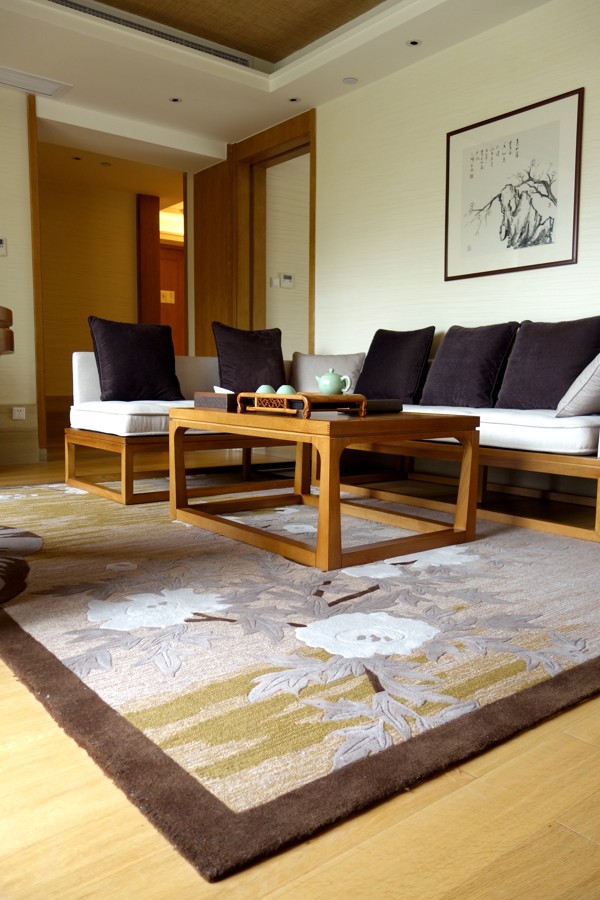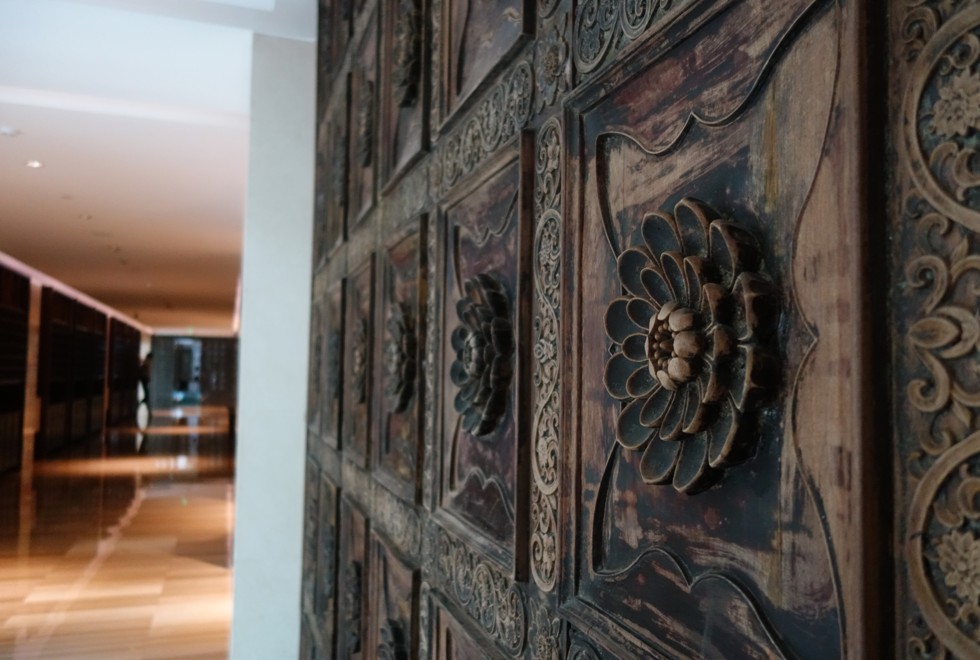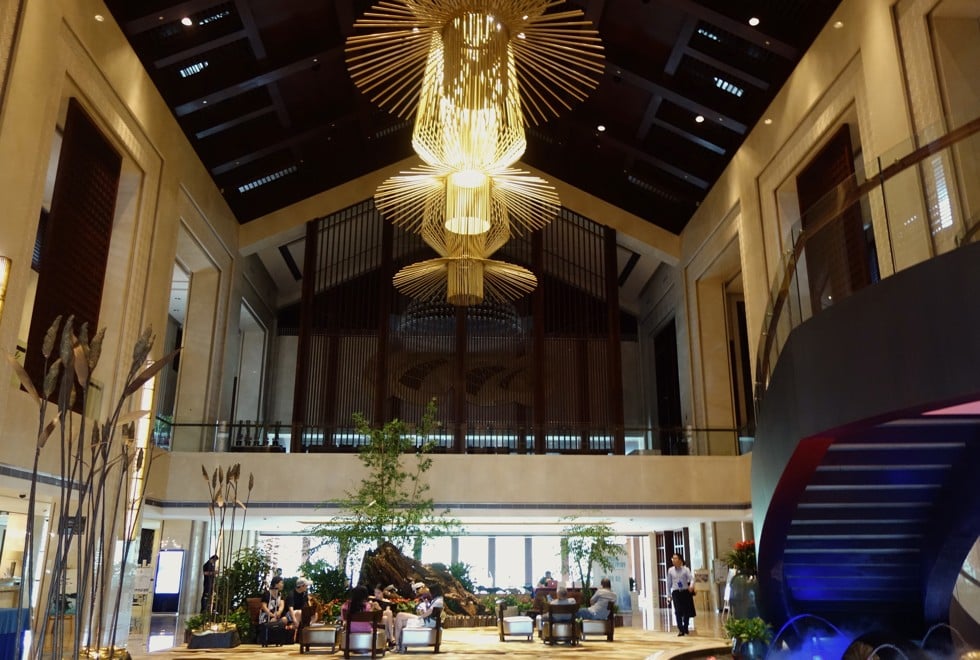
Water, water, everywhere at expansive and restful Hangzhou wetlands resort
Ancient fisherfolk culture meets contemporary design in a paradise for birdwatchers
What is it? Aquaphobics take note: one wrong step when ambling along the quaint paths and raised walkways that criss-cross Xixi Resort, in Hangzhou, and you’ll find yourself knee deep in wetlands that have been home to fishermen and silkworm farmers for millennia.
Opened in 2014, the resort is in the southwestern corner of the Xixi Wetlands, which cover 1,100 hectares and form a nationally protected and interconnected system of waterways.
Built with the intention of “bringing the natural and cultural elements of the landscape inside”, the resort is locally run (by the city government) and designed (by Hangzhou Chen Tao Interior Design), and features the cuisine and culture of the wetlands region.
So … there’s water everywhere? Everywhere. Every one of the 218 rooms and suites looks out over jade waters. The balconies of ground-floor rooms are built just over the water, creating the sensation of floating.
Walking from your suite to the main hotel building to the fitness centre will take you over bridges both wooden and stone, although golf carts are available to take the effort out of shuttling from one end of the large estate to the other.

Wetland elements that have found their way indoors include the abstracted persimmon patterns that adorn walls throughout the hotel and gilded lotus leaf-shaped door handles. Entire walls in the dining area are covered in what looks like elaborately carved wooden art, but actually are panels (below) from the roofs of mansions, hundreds of years old, that belonged to families since relocated from the area.
Can we go for a dip in those jade byways? Best not to; the marshy waters are better suited to boating and critter-spotting: Xixi is home to little egrets, kingfishers and a variety of ducks and fish.
Water-themed activities include rides on traditional boats through the property’s waterways (as well as group tours through more of the wetlands), swimming lessons for children in the pool, and fishing (gear is available). If you do happen to catch a wild carp, the kitchen will cook your prize into lunch.
And if you can’t catch your own meals?Of the hotel’s two restaurants (one Chinese, the other Western buffet), the local option wins hands down, with delicate dishes such as cat’s ear soup (fear not, this is with gnocchi-like noodles pinched into the shape of feline extremities, rather than actual ears) and sweet braised beef.
Local cuisine, like much fare in the south of the Yangtze River Delta, is often caramelised and coated in rich, fragrant sauces.
What else is there to do in Hangzhou? Near the resort is Lingyin Temple, an expansive Buddhist site built in the fourth century. Xihu, or West Lake, is considered a must-see in Hangzhou.
The freshwater lake was a haunt of poets, artists and aristocrats throughout the imperial dynasties, and it’s not difficult to see why. The lake is lined with elegant willow trees, and improbable stone footpaths and bridges cut across the water.
West Lake is a Unesco World Heritage Site, and the setting for a daily folk musical show conceived by Zhang Yimou (director of the 2008 Beijing Olympics’ opening and closing ceremonies, as well as many blockbuster Chinese movies) that uses the water’s surface as a stage, with contraptions sitting just below that allow for dancing and running “on the water”.
As with everything done by Zhang, the performance is on a massive scale.
When should we go? Hangzhou is hot and humid in summer, and cold and humid in winter. The best times to visit are spring and autumn. The wetland park hosts celebrations such as a persimmon picking festival, and dragon boats race on the waterways at the end of May.
And what does it cost to live like a Zhejiang fisherman of old?Rooms start at 1,188 yuan (US$180), with a villa room going for 1,588 yuan. The 6,460 sq ft Presidential Villa (built for last year’s G20 summit) is available for 60,000 yuan. It comes with its own swimming pool, private fitness room and dining and lounge areas.
Getting there
China Eastern, Shanghai Airlines, Hong Kong Airlines and Cathay Pacific fly between Hong Kong and Hangzhou.



